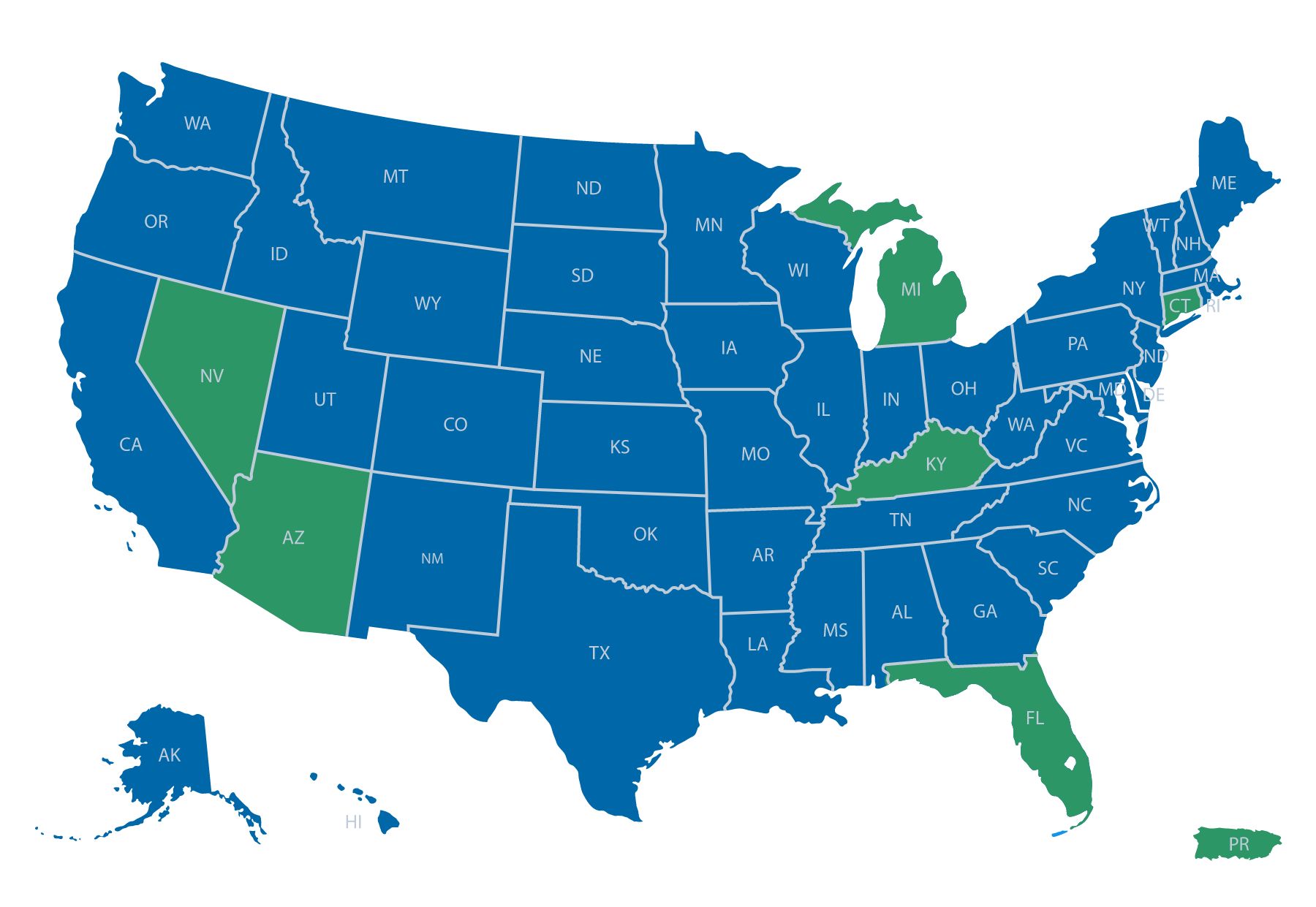Linking to care through public health surveillance
and clinical data systems
Persons with HIV/HCV co-infection are an especially vulnerable population due to an accelerated rate of morbidities including fibrosis progress. A Data to Care (D2C) model using partnerships between health departments and clinics assists in re-engaging patients who are not fully engaged.
“Leveraging a Data to Care Approach to Cure Hepatitis C within the Ryan White HIV/AIDS Program (RWHAP): A Multi-Site Partnership” is a 2-year HRSA – funded grant (9/1/2020-8/31/2022) that has been awarded to Yale University School of Medicine, acting as a single awardee.
The main goals of the project are to:
Yale Team HepC
Yale Team HepC (Yale Technical Assistance for Microelimination of Hepatitis C in People with HIV Co-Infection) served as technical assistance on the project. The role of Yale TEAM HepC was to provide technical assistance to health departments, collect aggregate data from clinics and health department for analysis, provide opportunities for learning collaboratives, collaborate with Ryan White clinics in particular, and to facilitate Regional AETC collaboration for clinic educational activities.
Implementation Plan
View More Info
View More Info
View More Info
View More Info
– Identify KEY TEAM MEMBERS in each health department
– Identify KEY RYAN WHITE STAKEHOLDERS in each health department
– Create baseline HIV and HCV SURVEILLANCE ASSESSMENT REPORT and share with each health department
– Compile BASELINE ASSESSMENTS RESULTS for gap analysis
– Create JURISDICTION SPECIFIC GOALS to address identified gaps and share with each HD
– Once BASELINE GAPS ARE ADDRESSED, HD can create clearance cascade
– Create TRAINING TOOLKIT including online curriculum and videos
– TRAINING ON DATA COLLECTION STRATEGIES (cost analysis, surveillance, Ryan White patients, and clinic specific)
– Organize periodic LEARNING COLLABORATIVES
– Hold regular CONSULTATION MEETINGS available to each HD
– Collaborate with REGIONAL AETCS
– Create DATA SHARING STRATEGY with evaluation consultant, HDs, and participating RW clinics
– Create HCV VIRAL CLEARANCE CASCADES for HDs (surveillance and RW)
– Discuss CASCADE RESULTS during learning collaboratives
– Facilitate case conferencing methodology with RW clinics to create CLINIC LEVEL CARE CASCADES
– Identify and RE-ENGAGE PLWH needing further HCV testing and treatment
Jurisdictional Partners











